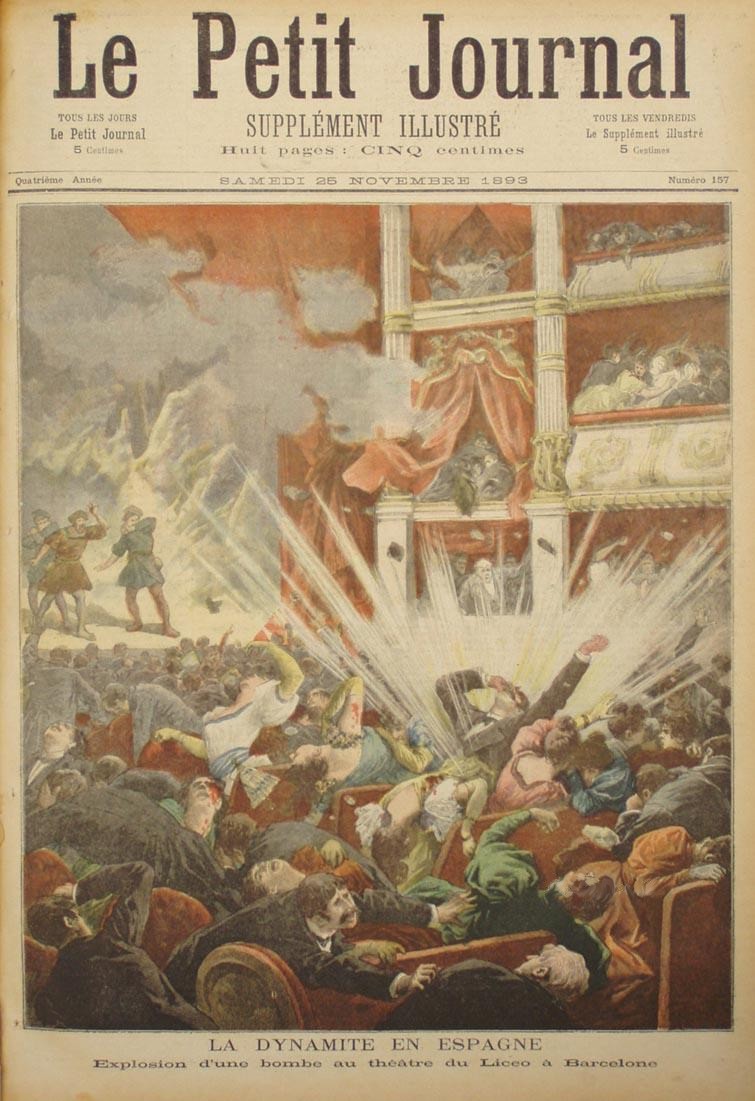Akil Awan spoke this week at the ‘Democracy in Transition’ conference organised by the University of Melbourne’s School of Government on Understanding Youth Democratic ‘Disconnect’: From Apathy to Political Radicalism and Extremism. His paper focused on explaining that whilst youth political engagement was an integral and essential part of a healthy functioning society, which was not only vital to political socialization and participation, but also crucial to engendering young people’s understanding of their own roles as democratic citizens, it was nevertheless under serious threat. The alternative - the democratic disconnect - could simply result in political apathy and disengagement, which remained a significant problem worldwide, evident from chronically low voter turnouts amongst youth demographics. However, equally problematically, he argued youth can also choose to engage in political radicalism or extremism, ranging from simply espousing extreme views; to actively joining radical groups; and finally to engaging in illegitimate political activity, such as violent protest and even terrorism. His paper sought to address how might we account for this increasingly problematic democratic disconnect amongst young people?

Taking both historical and contemporary case studies, he sought to show how increasing political disenfranchisement and disillusionment with traditional political processes, institutions and structures, was central to understanding young people’s alienation from conventional politics. Perceptions that the issues which concerned them were not being addressed, often resulted in a recourse to protest and demonstrations. Where ‘legitimate’ forms of protest proved unsuccessful, individuals might begin to countenance illegitimate and violent forms of protest, including rioting, public disorder, sabotage, and even terrorism. Consequently, a gravitation towards radicalism could be understood as one of the ways in which young people might seek to air their frustrations and grievances, as well reclaiming political agency.
Awan will also address a related topic in Beijing on Monday 14th December at the School of Journalism and Communication at the University of Renmin. His talk entitled ‘From Television in the Vietnam War to Islamic State’s Social Media: Exploring the Relationship between Media Technologies & Youth Radicalism’ will address the historical correlation between the rise of certain media technologies and the emergence of youth protest and political radicalism. He will compare the emergence of television during the Vietnam war and the attendant rise of countercultural and protest movements on the radical left, with the use of web 2.0 technologies by political radicals today. The paper will also seek to explain why social media and web 2.0 platforms have emerged as the principle arena for youth political and social engagement over the last decade. Whilst the democratic and egalitarian nature of these platforms means they are largely positive additions, conducive to the ‘levelling’ of hierarchies of knowledge and power, they have inevitably also contributed significantly to the rise and visibility of youth radicalism and extremism. His paper offers suggestions on how governments might deal with these issues.





